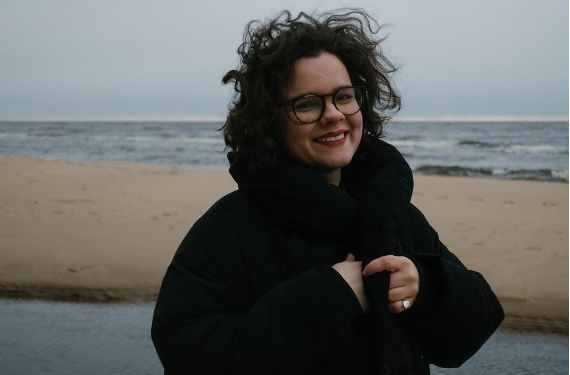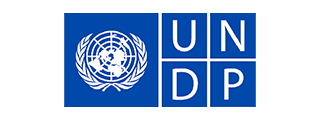Writings

While poverty, a long history of oppression, inequality, power struggles, greed of military leaders and poor governance are the main causes of conflict in Sudan, and the mechanisms of the longstanding crisis in Darfur are also lingering, there is in addition an environmental dimension to the war that should not be forgotten. Although the link between climate change and conflict in the current crisis in Sudan is small compared to the main causes, the situation will further weaken particularly vulnerable communities in the country's periphery, making it difficult for them to adapt to the changing landscape and continue environmentally sensitive economic activities in a harsh climate.
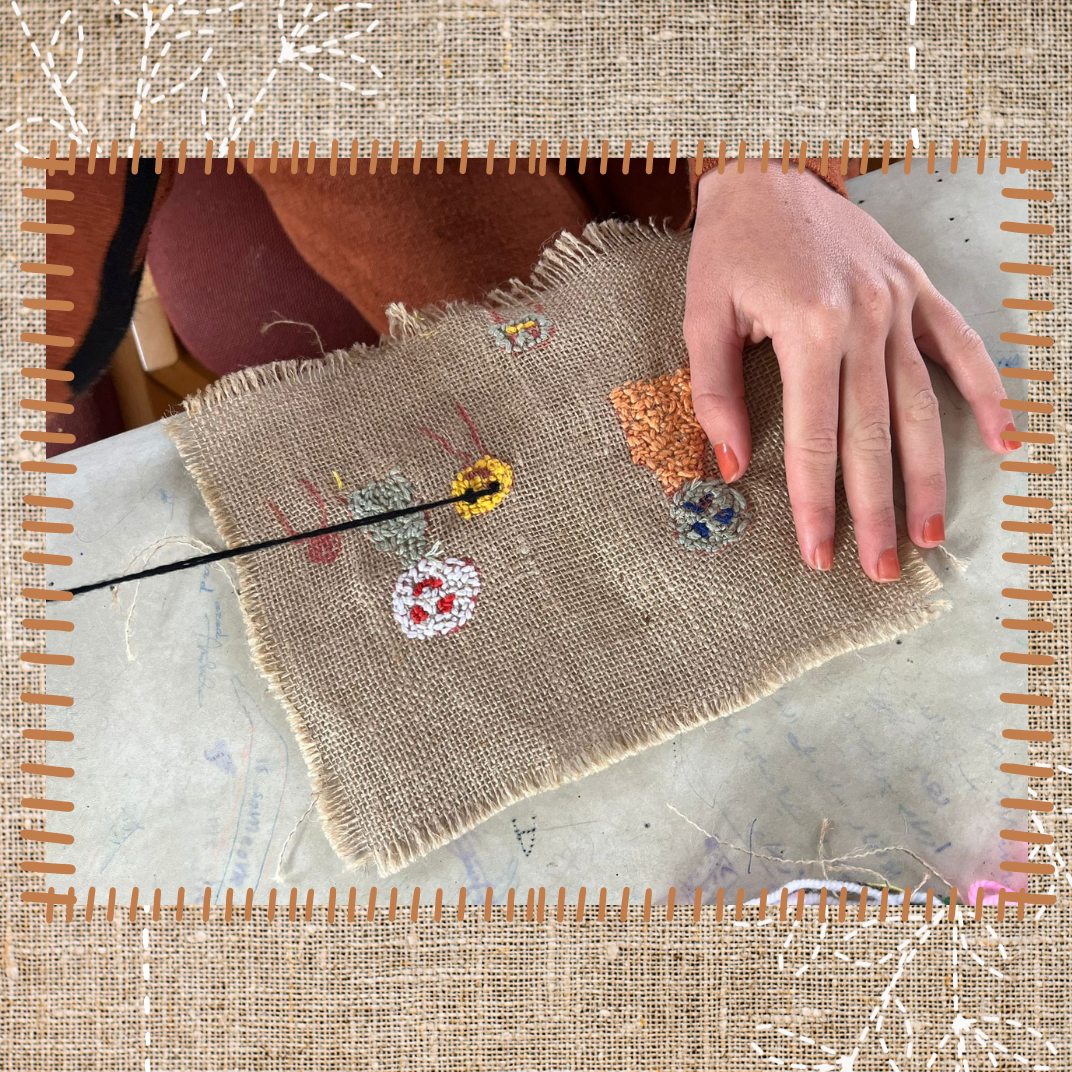
Textile-art-therapeutic work in our Hekayat and the Rawabet project in Nineveh, Iraq A few months ago, we completed our Hekayat project (حكايات Arabic: stories, narratives) in Al Shekan in Iraq, in which women received psychological support that included a textile therapy component followed by community dialogue. Participation in the textile art therapy groups supported members... View Article
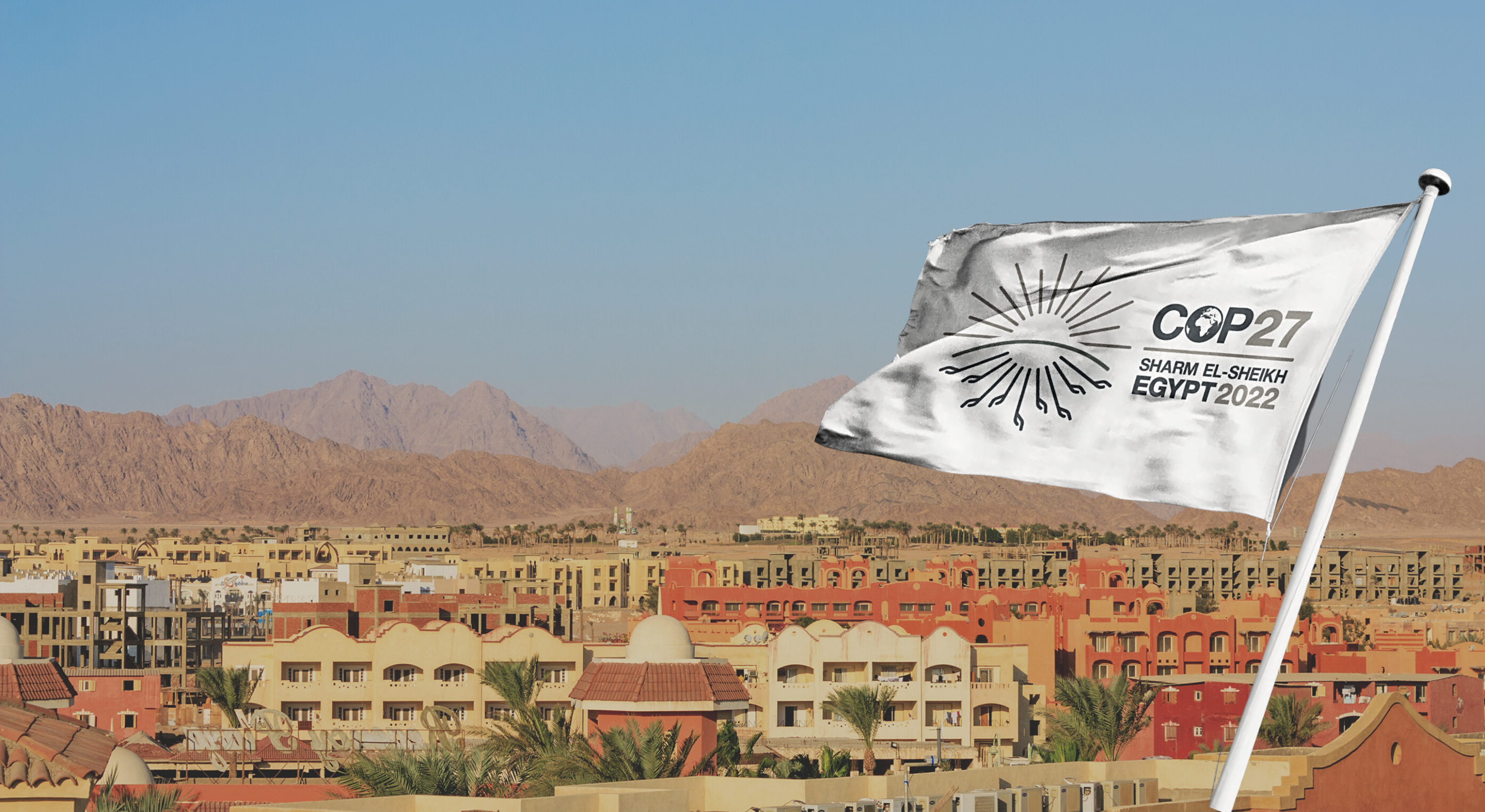
"There is no fight over just one issue, because we don't live in just one issue," said Audre Lord. And this is more relevant than ever with regard to the problem of climate change. An intersectional approach to climate action will chart a way forward that enables solidarity and agency across social categories.
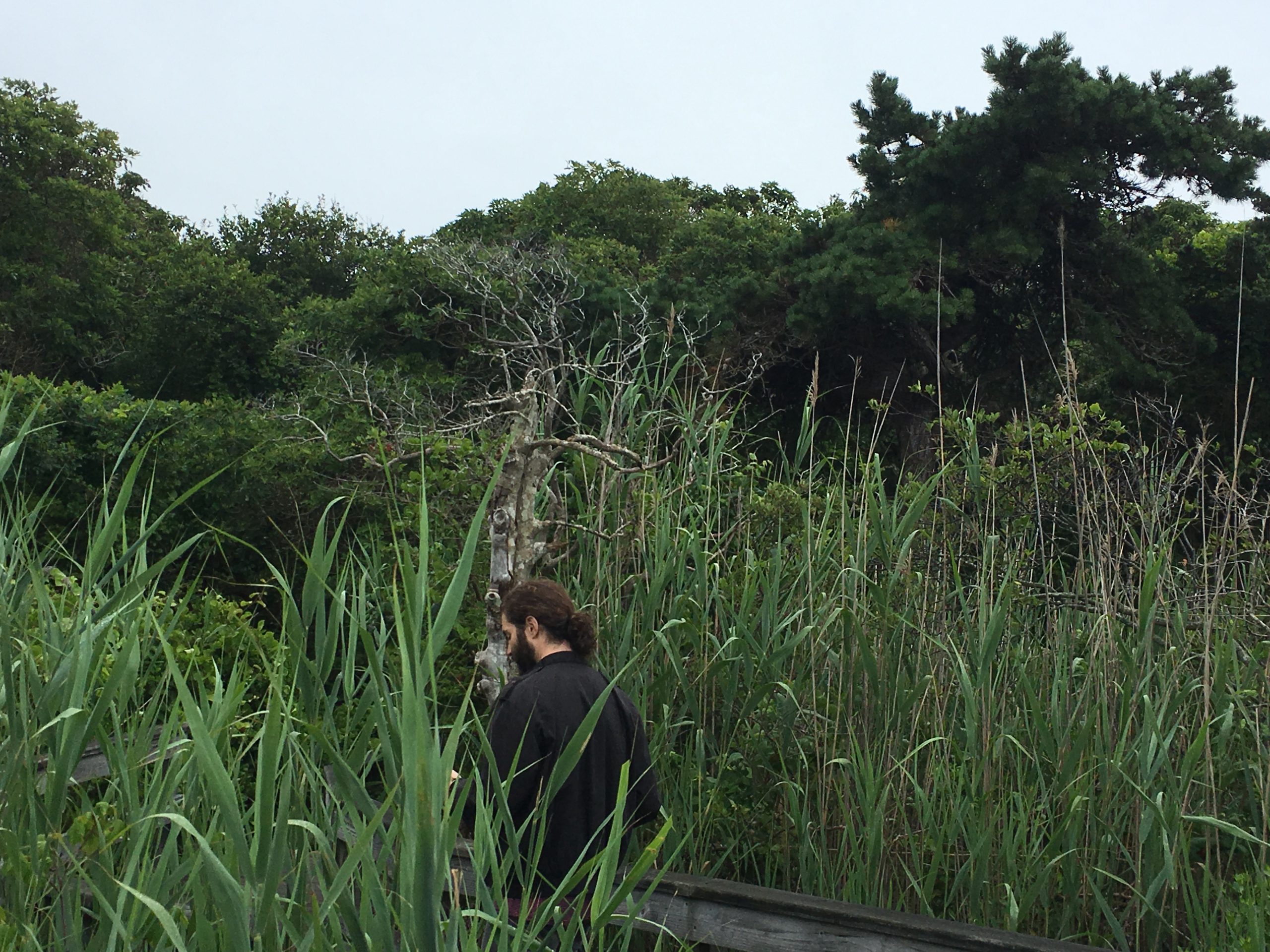
I grew up with nature close by and appreciate the impact it has on us humans and our well-being in so many ways. There are various good memories of working in the woods with my grandfather, a forest worker, of playing in the meadow with my brother and the boys from the neighborhood. The nearby lake was a popular spot to cool off in summer, while in winter we enjoyed playing ice hockey on its frozen surface. Now the lake hasn't really frozen for many winters. It was cold enough for a too short time and many temperature fluctuations took place as well.

There are many ways to define migration and several opposing axes that intersect with this vital drive. Whether it is forced or voluntary, whether it is practiced within groups or individually, migration remains one of the world's most natural and global activities, just like birds, fish and all other animals, humans strive for a fulfilling life, a fulfilling future and dreams, countless dreams.
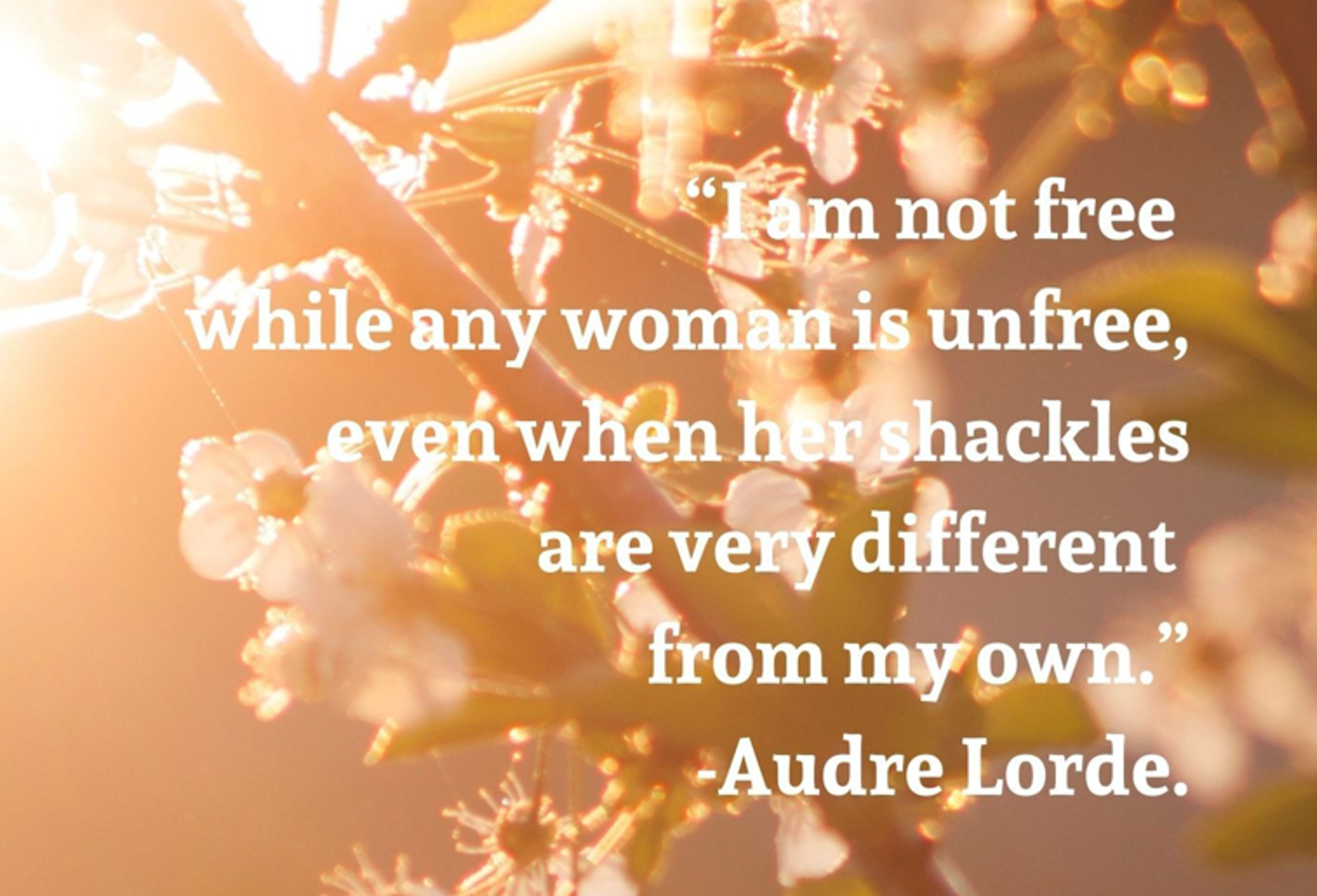
For many years, the women's movement was hijacked by white feminists from the global North who imposed methods of resistance to other women around the world, who did not necessarily have the same problems and didn't share the same strive for the same liberation causes. At Hudara, we encourage a culturally sensitive approach to feminism that allows for the recognition that socially, economically, politically, and historically diverse contexts can lead to very different questions, needs, and solutions. However, how specific and diverse women's struggles may be, all of these movements are united by the common goal of freedom and self-determination.
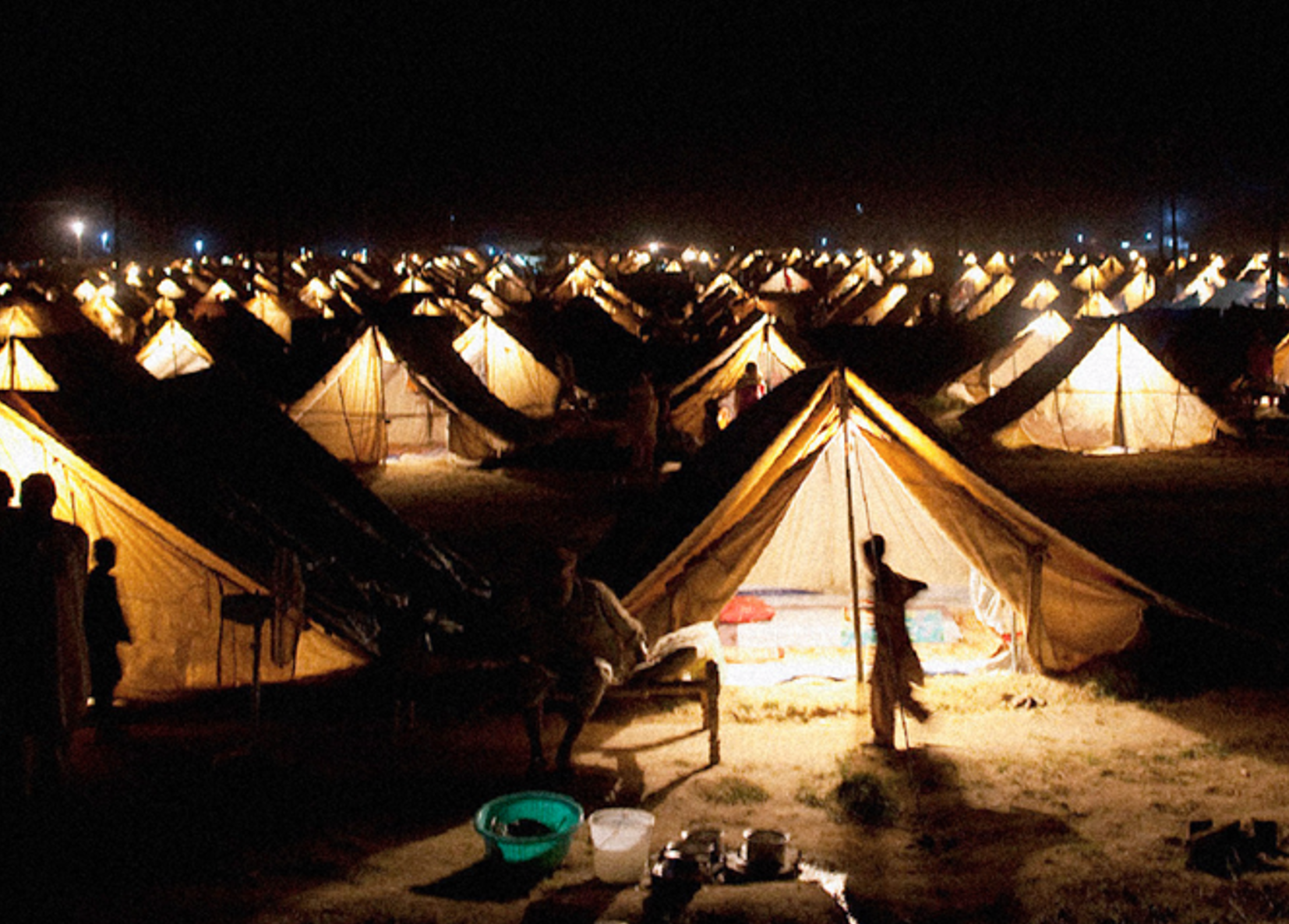
Access to clean and reliable energy would significantly improve the situation of displaced persons in camps, informal settlements but also in urban areas on all levels of life. We are particularly convinced of the power of community energy projects that promote the long-term ability of those affected to become self-sufficient and integrated into local economic, social and political structures.
